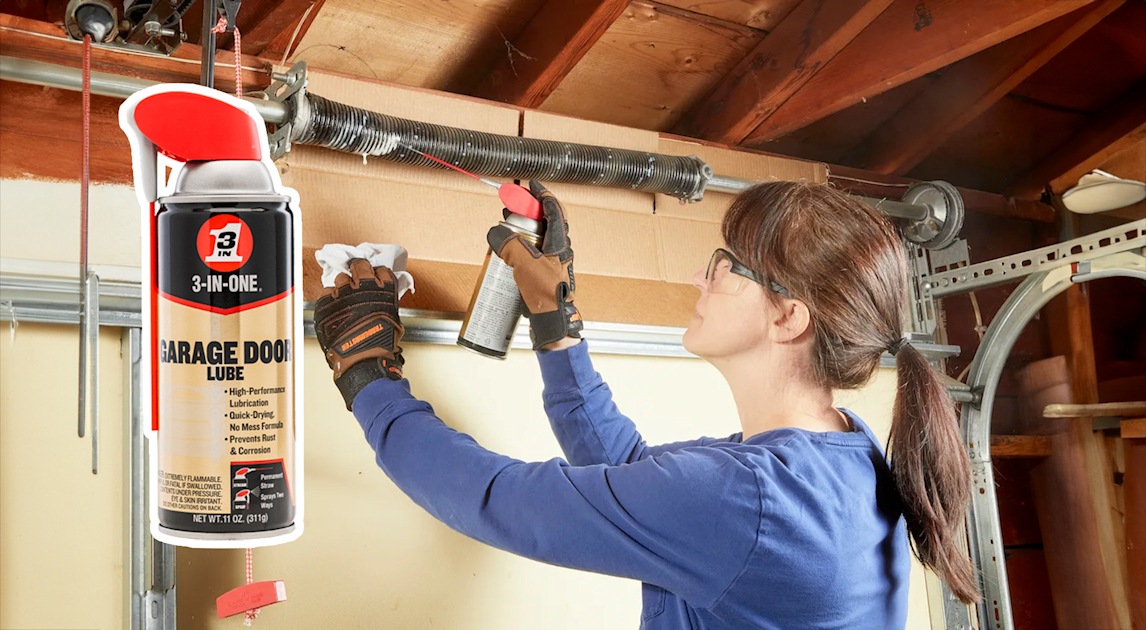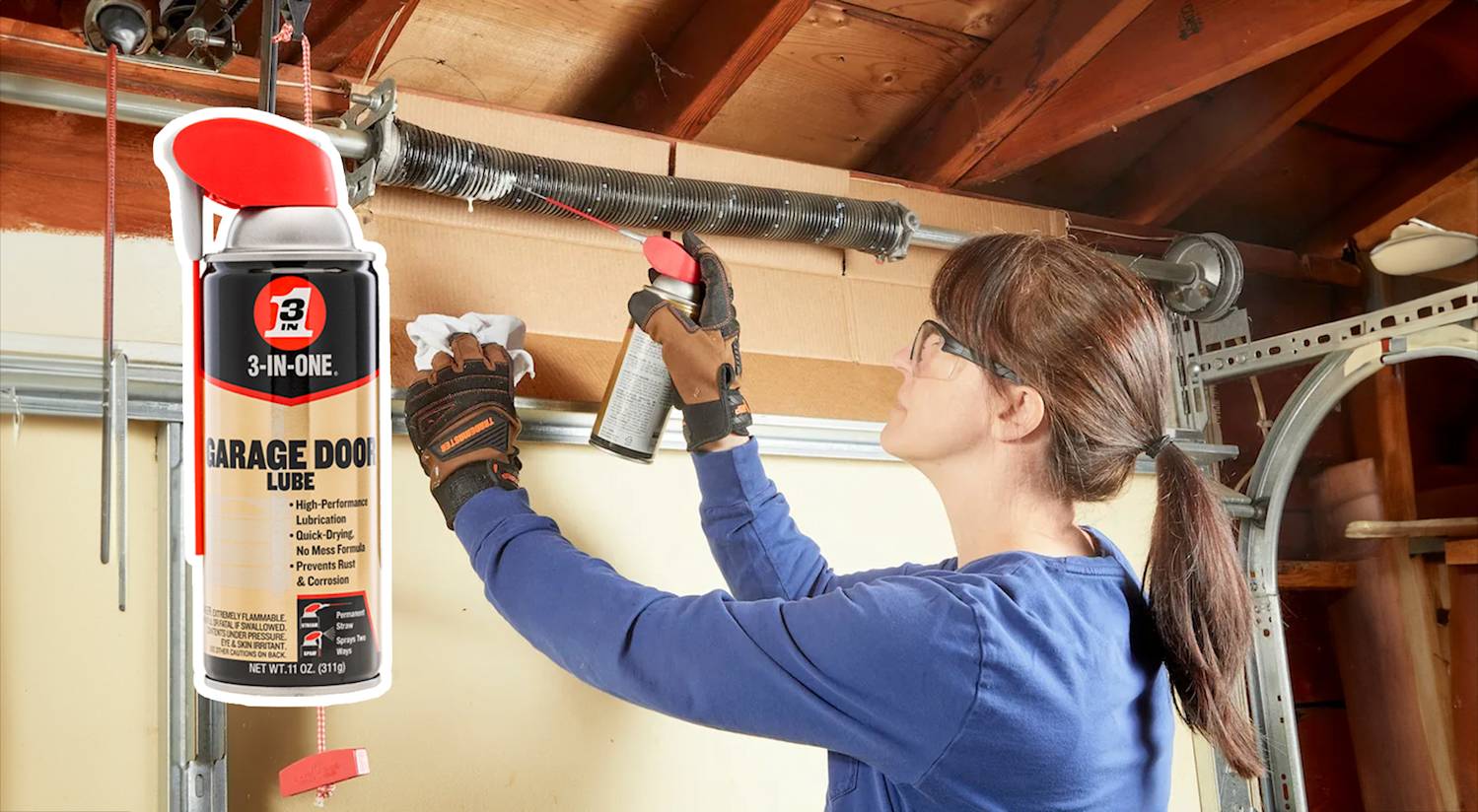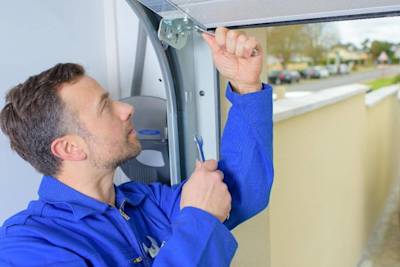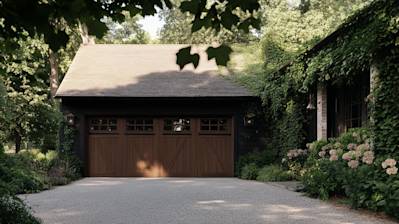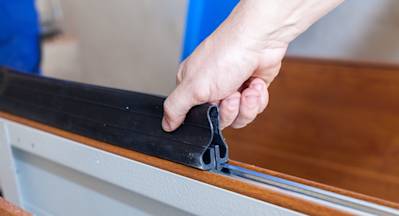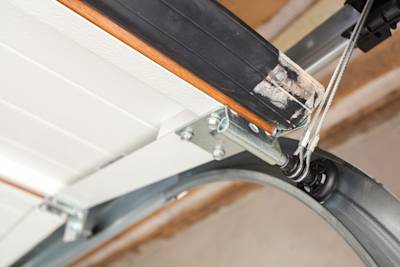Every homeowner desires a smoothly operating and well-maintained garage door to ensure the security of their property. A garage door is a complex piece of machinery consisting of different moving parts. These moving components need proper lubrication from an efficient garage door lubricant for optimal performance and reduced risk of failure. This article delves deep into understanding the significance of this crucial maintenance component, the types available, how to use it, and much more.
Understanding the Importance of Lubricating Your Garage Door
Just like any other mechanical equipment, your garage door also needs regular servicing to extend its lifespan and ensure seamless operation. The goal is to prevent the moving parts from wearing out due to constant friction. Lack of lubrication can result in a noisy door and eventually lead to costly repairs.
Types of Garage Door Lubricants
Knowing the right type of lubricant for your garage door is key. Not all lubricants on the market are safe to use on your garage door. Selecting the wrong type can damage your door instead of preserving it. Here are the three main types of lubricants commonly used:
-
Silicone-Based Lubricants: These lubricants are ideal because they are resistant to high temperatures and do not attract dust.
-
White Lithium Grease: This grease is great for heavy-duty applications such as metal-to-metal contact.
-
Graphite Lubricants: This dry lubricant is commonly used for the garage door’s lock mechanism.
Choosing the Best Garage Door Lubricant
When shopping for a garage door lubricant, there are a few crucial aspects to keep in mind:
- The lubricant's ability to reduce friction and protect against rust and corrosion.
- Its resistance to high temperatures, which will ensure long-lasting performance.
- The type of applicator it comes with for ease of application.
- Its compatibility with your garage door components.
How to Lubricate Your Garage Door
Lubricating your garage door is a relatively easy process if you’re using the right product. Here's a simple step-by-step guide:
Step 1: Clean the Tracks
Before applying garage door lubricant, clean the tracks thoroughly using a suitable cleaner to remove debris, as dirt can interfere with the lubricant’s effectiveness.
Step 2: Apply the Lubricant
Spray or apply the lubricant on all the moving parts attached to the door such as tracks, rollers, hinges, and springs. Ensure to evenly coat each part.
Step 3: Clean the Excess Lubricant
Ensure to clean up any excess lubricant after application using an absorbent cloth to prevent it from dripping onto your garage floor.
Maintenance Tips: When to Use Garage Door Lubricant
Most manufacturers recommend lubricating your garage door every six months, but this can vary depending on how frequently you use your garage door. The more you use it, the more you may need to lubricate its moving parts. A good rule of thumb is to apply a garage door lubricant whenever you start hearing squeaking or grinding noises, or if your door starts experiencing difficulties in operating.
A garage door lubricant is an essential maintenance tool for every garage door owner. Regularly lubricating your garage door will not only ensure it operates smoothly but will also prolong its lifespan. Invest in the right lubricant and ensure regular lubrication to keep your door in optimal condition for the longest time.
Frequently Asked Questions about Garage Door Lubricant
Why is Garage Door Lubricant Important?
Garage door lubricant minimizes friction between metal parts in your garage door mechanism that can create wear and tear over time. It ensures a smooth and quiet operation while extending the lifespan of your garage door system.
How Often Should I Use Garage Door Lubricant?
You should ideally apply lubricant to your garage door's moving parts every three to six months. However, the frequency may vary depending on the climate and how often you use your garage door. In severe weather conditions or heavy usage, applying lubricant more frequently might be needed.
Which parts of the Garage Door Do I Need to Lubricate?
You would need to lubricate the bearings, springs, hinges, tracks, rollers, and any other moving parts of your garage door. This includes both the mechanical and electronic parts.
Is Any Part of My Garage Door That Shouldn't Touch Lubricant?
It is recommended to avoid lubricating the track of your garage door, as it may accumulate dust and debris that could cause it to malfunction. Additionally, avoid lubricating any plastic parts as it can damage them.
Which Garage Door Lubricant Type Should I Use?
There are various types of garage door lubricants available on the market, including silicone-based and lithium-based. Both are very effective at reducing friction and are typically resistant to heat, which is key for garage door applications. The choice will depend on your preference and the specific needs of your garage door.
Is WD-40 a Good Garage Door Lubricant?
While WD-40 can be effective for various household tasks, it's not the best choice as a garage door lubricant. That's because it's a cleaning solvent, not a lubricant. It can remove dirt and grime but won't provide the long-lasting lubrication necessary for the proper operation of a garage door.
Can I Lubricate My Garage Door Myself?
Yes, you can lubricate your garage door yourself. Ensure to apply the lubricant to all moving parts, including bearings, springs, and hinges. Be cautious, though, as some parts could pinch or trap fingers, so always prioritize safety.
How Do I Lubricate My Garage Door?
Start by cleaning off any dust or rust from your garage door's moving parts. Apply the lubricant moderately, ensuring not to over-lubricate. Allow the lubricant to work its way in naturally. Open and close the garage door a few times to ensure that the lubricant is distributed evenly.
What if My Garage Door Still Makes Noise After Lubrication?
If your garage door continues to make noise even after lubrication, there may be an underlying problem. You'll need to inspect each part of the garage door for wear, rust, or damage. If you're unsure, it may be best to get a professional to check it out.
Are There Any Safety Concerns When Using Garage Door Lubricant?
When using garage door lubricant, ensure to avoid contact with skin or eyes as it could cause irritation. Furthermore, keep lubricant away from children and pets. Always use the product in a well-ventilated area, and store it safely after use.
Pros and Cons of Garage Door Lubricant
Pros of Garage Door Lubricant
Reduction in Noise
A garage door lubricant significantly reduces the noise created by the door when it opens and closes. This can be particularly advantageous in residential areas, especially when the garage is used frequently.
-
Regular usage of garage door lubricant ensures smoother operations.
-
Tranquility in the environment due to the absence of unnecessary noise.
Increased Lifespan of Garage Door Components
Using an appropriate garage door lubricant will often extend the lifespan of the various parts of the door. By reducing friction and wear, you can prevent premature breakdowns.
-
Helps to save money on unnecessary replacements and repairs.
-
Convenient preventive measure to keep all parts in optimal conditions.
Improved Performance
Garage doors can function more efficiently with the application of lubricants. It helps in trouble-free opening and closing, making it easy to use.
-
Allows you to maintain the high performance of your garage door.
-
Offers better convenience and ease of usage.
Cons of Garage Door Lubricant
Misapplication Risks
If not applied properly, garage door lubricants can possibly damage certain parts of your garage door. Excess application can attract dirt and dust which can cause blockages and malfunctions. Also, it is essential to note that not every component of the garage door requires lubrication.
-
Damages resulting from improper application can lead to expensive repairs or replacements.
-
Potential risks of door malfunctions.
Regular Maintenance Required
For the garage door lubricant to be effective, it should be applied regularly. Depending on the frequency of door usage and the local weather conditions, the lubricant might need to be applied quite often, which could be inconvenient for some homeowners.
-
Regular time commitment to maintain the garage door lubrication.
-
Potential inconvenience due to regular lubricant application.
Potential Environmental Impact
Some types of garage door lubricants may not be environmentally friendly. For instance, certain petroleum-based lubricants can pollute the soil and groundwater if they escape from the garage.
-
Impact on the environment due to the non-biodegradable nature of some lubricants.
-
Risk of soil and water pollution due to certain types of lubricants.
Summary
Keeping your garage door well-lubricated can make a world of difference. A high-quality garage door lubricant minimizes the wear and tear on the hardware, reducing the noise produced during operation and potentially extending the door's lifespan. It also smooths out the door's movement, making it easier and safer to operate manually.
People often overlook garage door maintenance, but applying lubricant is a simple task that doesn't take a lot of time. All you need is a reliable garage door lubricant and a few minutes to apply it on the tracks, rollers, and hinges. Regular maintenance can save you from costly repairs or replacements down the line.
For a garage door to operate smoothly and efficiently, regular lubrication is crucial. It's a manageable task that should be part of your routine property maintenance. By investing in a quality garage door lubricant, you're investing in the longevity and functionality of your garage door.
About 1A Garage Doors
Welcome to 1A Garage Doors - your friendly, local Sacramento, CA garage door service specialist! We're a family-owned business with over 20 years experience. We pride ourselves on delivering top-notch garage door installation, maintenance, and repair services throughout the Sacramento area. We're dedicated to making homeowners and businesses happy with our prompt, professional and friendly deal. Make us your go-to partner for your garage door needs. Let's make your garage door safe and efficient, together!

